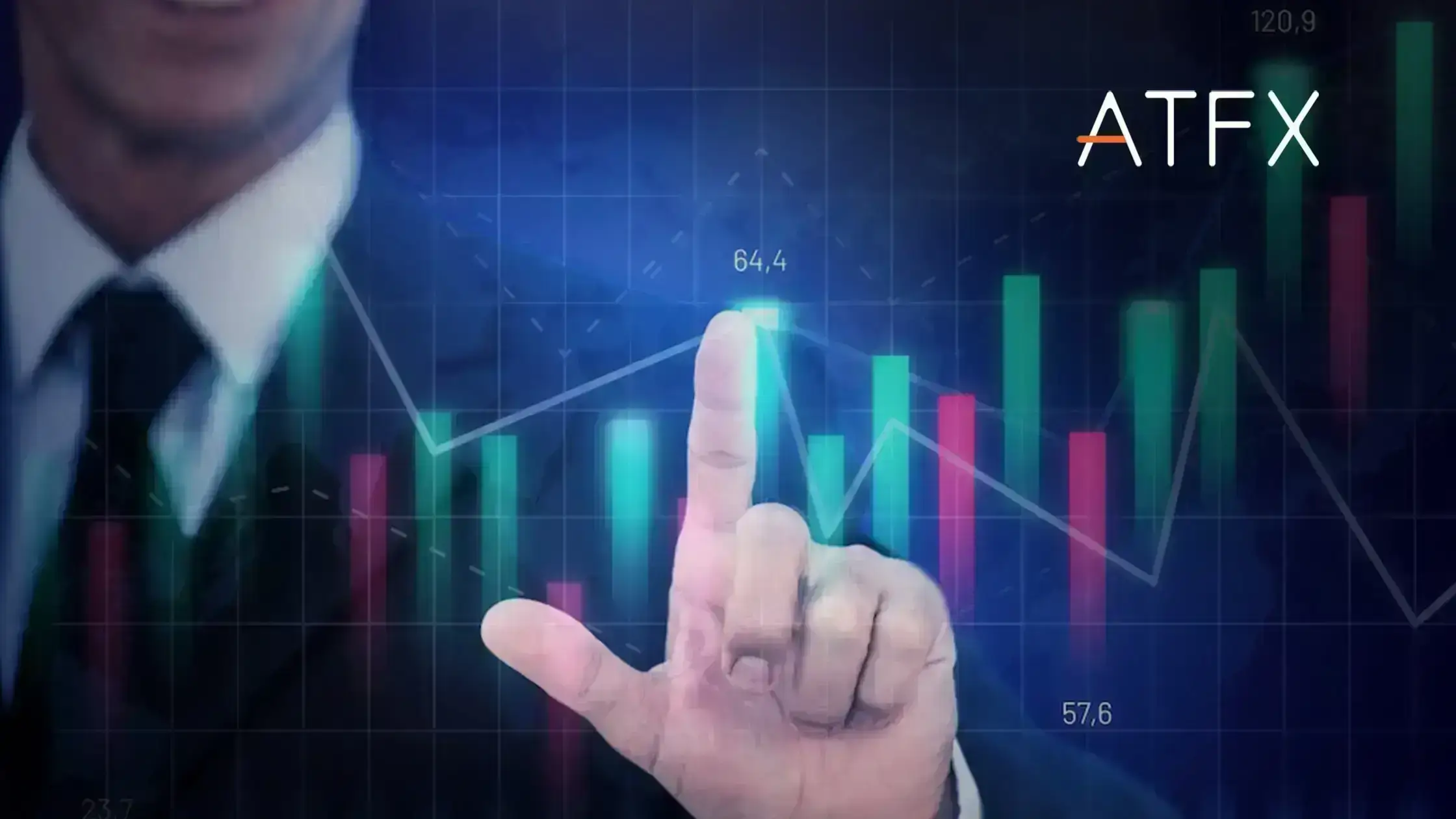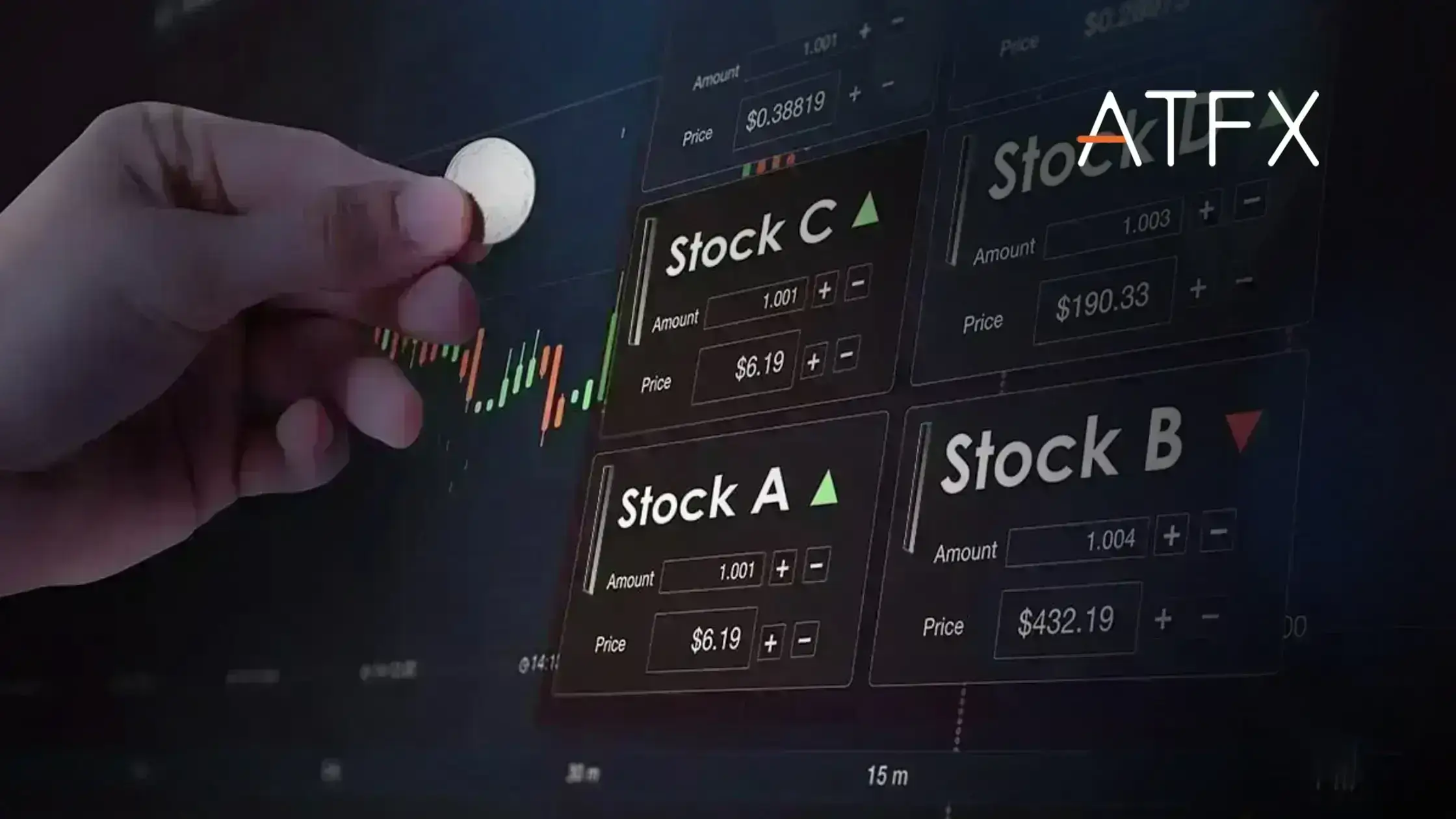Several key factors can move the Forex market. These factors put together make up what we call fundamental analysis. Understanding the impact of these essential factors helps traders decide which positions to take in the markets for their chosen pair. Therefore, every trader must study these factors explained below as these will assist them in determining market trends.
Inflation | Gross Domestic Product (GDP) | Balance of Trade |
Tapering | Interest Rates | Capital Market/Investment |
Employment rates | Debts/Trade Deficits | Monetary Policy |
Very often, the economic situation in a country is considered the chief factor that determines its exchange rate. However, the economic factors cover a wide range of subject matter. Below, we shall discuss nine significant aspects of a country’s financial situation that influence its currency’s value in the exchange market.
- Inflation
Generally, inflation is the resulting rate of decline in purchasing power of a given currency over a certain period. High inflation levels mean that a particular currency is losing value rapidly. Under such conditions, the prices of goods and services tend to increase drastically. This situation occurs when too much of one country’s currency is in circulation, devaluing its exchange rate through oversupply. Of course, investors are mainly attracted to buying currencies that have lower inflation rates. Therefore, people tend to sell a country’s currency with a high inflation rate.
- Tapering
‘Tapering’ is an absolute term encountered daily in forex trading. It is a strategy used by the Federal Reserve to reduce the amount of money in circulation. The term refers to removing the quantitative easing measures adopted by the Federal Reserve and other central banks to boost their economies. When we talk of tapering, the government has slowed down its asset purchases, including mortgage securities and treasury bonds. Tapering helps slow down inflation as the amount of money in circulation becomes limited. Tapering is a strategy used in a strong economy that does need the Central Bank’s help. Of course, investors become drawn toward buying a currency once the government embarks on tapering since its supply will start shrinking.
- Employment rates
The employment rate is an economic factor investors pay great attention to before buying or selling a particular currency. It is a way of measuring the average productivity of the country within a specific period. Of course, when more people are employed, it suggests improving productivity within the country. To this end, every country releases its employment rate periodically, say monthly or quarterly.
Forex traders often pay significant attention to the US NFP report released every first Friday of the month. NFP, which stands for the Non-Farm Payrolls, is used to measure the total number of newly hired paid workers in the United States except for farm employees, private household employees, government employees, and other non-profit organisations. This report is used to measure the progress of the U.S. economy by demonstrating the increase or decrease in the pace of job creation by a country at the end of each month. As expected, increasing the employment rate by creating more jobs favours an economy. As a result, a country’s currency value will appreciate in return. A high unemployment rate would otherwise reduce the country’s currency value. - Gross Domestic Product (GDP)
The Gross Domestic Product data, produced annually with a six months interval, is used to measure the total goods and services produced by the country within the said period. This data shows the size of the country’s economy. A high GDP growth rate means the country is highly productive and that there is growing demand for its products and services. An increase in output of a country’s goods and services generates demand for the country’s currency in the forex markets.
- Interest Rates
Often, interest rates are seen as the additional reward investors get for holding a particular currency for an extended period. Investors tend to buy currencies that offer them high returns. High-interest rates help strengthen the value of a currency and attract more investors. Similarly, high-interest rates encourage saving and discourage borrowing. As a result, the citizens carry out more productive work to earn money which is a good sign for the economy.
- Debts/Trade Deficits
Regular borrowing from other nations decreases the value of the country’s currency. Increased borrowing by a particular government suggests low productive activity conducted in the country, which discourages investors and devalues the country’s currency in the international market.
- Balance of Trade
The trade balance measures a country’s ratio of imports over exports. Countries with a high importation rate have a lower trade balance which devalues their currency. On the other hand, those nations with a higher rate of exportation indicate a more labour-productive workforce; hence, their products are sold in other countries. This increases the overall demand for a country’s currency in the foreign exchange market.
- Capital Market/Investment
The Capital Market measures the number of inflows or investments coming into a country, essential data for stock and indices traders. A rising capital market means that investors will purchase more stocks and bonds, which is very good for the economy. In addition, a healthy capital market shows that foreign investors now have confidence in the country’s economy, increasing the value of the country’s currency.
- Monetary Policy
The monetary policy in place within a country often determines whether investors will come in or not. When harsh economic policies place many limitations on investors, most foreign investors will withdraw or stay away. On the contrary, when the government and central bank’s monetary policies are very friendly with lots of incentives for investors, then more foreign investors will come into the country. Therefore, more capital will go into the country’s market, creating more demand for the country’s currency across borders.
POLITICAL FACTORS
The way investors perceive the ruling government goes a long way in determining their confidence in the country’s economy. When a perceived strong leader comes into power, many foreign investors tend to be attracted to the country. Often people define a country by its leaders. The leader’s personality and understanding of the capital markets often determine his policy decisions, areas of business he promotes, and incentives given to investors. To this end, Forex traders pay great attention to various political news and events and predict their effects on a country’s economy. Often these include shifts in government expenditures and new regulations imposed on particular sectors or industries.
There is always a significant shift and volatility observed in the forex market during national elections in most countries. Often the impact of the election on a country’s currency depends on who wins the election and how people perceive the new leader. Also, conducting a referendum or the division of a nation can substantially impact the country’s currency. A case study could be made with the Brexit referendum conducted in 2016, which significantly affected the British pound when the U.K. voted to leave the European Union.
WAR
Any war incidents always reflect poorly on the affected country’s economy and currency simultaneously. Of course, war leads to the destruction of significant physical assets and investments, loss of life and properties, and job losses, among others. A good example is the currently ongoing Russian-Ukraine war. As a result, the Russian Ruble hit its lowest value. Similarly, the war has affected EUR/USD and the European economy, which depends mainly on Russian oil and gas products for increased productivity. Often, commodities such as Gold, Silver, and Crude oil seem to be the most in-demand assets during this period.
VIRAL HAZARDS (PANDEMIC)
Sudden outbreaks of diseases within a country often lead to restricted movements and slow down economic activities. This means decreased production and increased consumption. A country’s economy could crumble if such restrictions last long. A clear example of this is the current global pandemic known as the Coronavirus. The United States and the U.K. were the most affected countries by this pandemic. We saw the U.K. generate its worst GDP growth rate in 2020 due to the limitations created by the global pandemic. Some economies are yet to recover fully from the pandemic’s negative impact. Often gold seems to be the most viable asset for investment during such volatile periods.
Understanding all these fundamental factors that affect the forex markets will make it easier for traders to attain success in the markets. Understanding and using the above factors in your trading distinguishes forex trading from gambling. Moreover, the above factors undoubtedly help traders decide which positions to take in the markets. Therefore, it is prudent for every trader to pay significant attention to the influence that the factors discussed above are likely to exert on the market.


